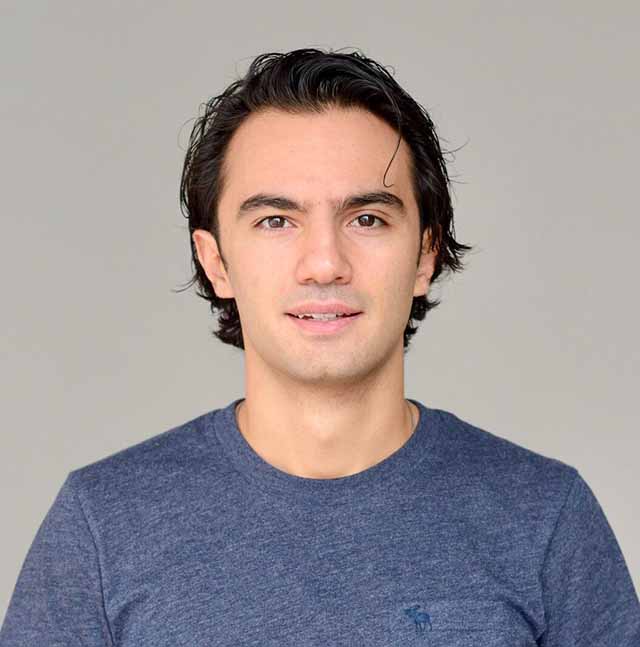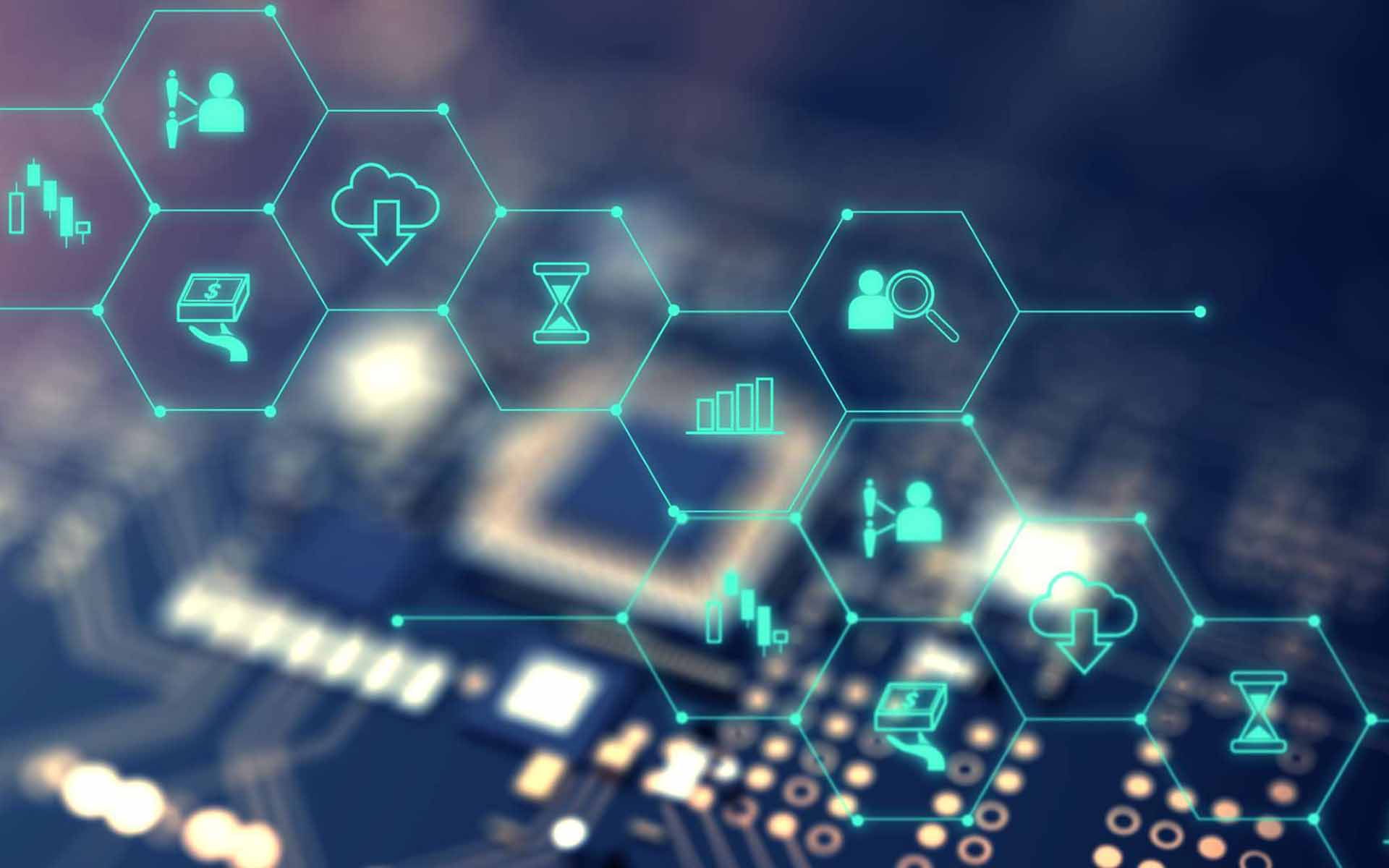Latest news about Bitcoin and all cryptocurrencies. Your daily crypto news habit.
Move over eBay, there’s a new marketplace in town! Ubcoin Market upends the traditional peer-to-peer marketplace model by not only giving users a place to buy and sell items, but to enable them to become crypto investors in the process. Bitcoinist sat down with founder Felix Khachatryan to learn more about Ubcoin Market and find out what the future holds for this innovative platform.
Bitcoinist: Ubcoin aims to provide a marketplace where anyone can safely and instantly sell or buy real goods in exchange for cryptocurrency. What is the biggest problem with similar marketplaces today, and where does Ubcoin fit in?
FK: Ubcoin is not exactly a marketplace: eBay, Amazon, Avito, etc. let people sell stuff but we let them become crypto investors via selling stuff. Ubcoin is not a crypto exchange, either: we don’t use fiat money. So one might say that Ubcoin Market is a hybrid between a marketplace and a crypto exchange.
Bitcoinist: Why is decentralization important for a peer-to-peer marketplace and how does Ubcoin utilize smart contracts to ensure decentralization?
FK: Decentralization in general and smart contracts in particular are important for peer-to-peer trading platforms in that they enable the customer to keep their anonymity, maintain the security of their data, and safeguard them from fraudulent schemes.
Thanks to smart contracts, our platform is able to provide escrow services, to serve, as it were, as an underwriter of your transaction; it guarantees that the transaction will be successful. You don’t have to trust another person; you trust the automated system regulating the transactions.
Bitcoinist: Ubcoin’s white paper claims that the “mass adoption of cryptocurrencies is inevitable and imminent.” What makes you so sure?
FK: A number of reasons:
The exponential growth of cryptocurrency users and cryptocurrencies’ market cap.
The enormous number of blockchain projects receiving huge amounts of money – this year, the overall amount of money raised by ICO projects will probably rise beyond $10 billion.
The creation of the Telegram cryptocurrency, the largest ICO project in the world: by 2020, it will have more than 500 million users.
All of these factors suggest that the mass adoption of cryptocurrencies is inevitable and that using cryptocurrencies will become just another item in our repertoire of online social interactions.
Bitcoinist: In layman’s terms, how does Ubcoin actually work?
FK: You open the Ubank app — you will either have it pre-installed if you are a Samsung or Fly user or you download it from Google Play or App Store — and sign up via Telegram, email, or mobile phone number. Once you are in, the app identifies your location in order to show you relevant postings.
Then, let’s say, you want to acquire cryptocurrency. In order to do that, you have to sell something. For instance, you have an iPad you want to sell. You click ‘Invest’, click the ‘+’ button, select a category, create a new posting, upload photos, write a description, indicate a price in dollars which will be automatically converted to UBC, and set geographical preferences (show to people from your neighbourhood, your town, your country, etc.).
Then you wait.
Another user who already possesses a certain amount of cryptocurrency and want spend it, clicks ‘Exit’, searches the ‘Tech’ category, finds your iPad.
Then you talk in an internal chat and negotiate the price as well as the place and the time of your meet-up. The seller (you) sends an invoice right in the chat. The buyer can either accept or decline. If he or she accepts, the system puts the required amount of UBC on hold and notifies the seller.
You meet. If everything’s in order, the buyer and the seller confirm the deal in the app. That’s it, the deal is done: you’ve acquired cryptocurrency, the other person now has an iPad.
After that, you can send your newly obtained UBC to any crypto exchange listing UBC tokens and exchange it to any major cryptocurrency. Later on, it will be possible to do this without leaving the app: the exchange functionality will be implemented within the Ubank app.
Bitcoinist: How much work has gone into building Ubcoin’s marketplace platform?
FK: The development of the MVP for the Ubcoin Market itself — which is extremely sophisticated, because we’ll have to process many transactions in a secure fashion — will take 6 months. But it’s being done on the basis of Ubank’s processing system, which has been constantly worked on and updated for more than 5 years now.
By mid-summer, the prototype of Ubcoin Market will be ready (soon, our website will allow visitors to follow in real time the progress of the platform’s development). By the end of the year, we will update the Ubank app, and it will have Ubcoin Market integrated into it.
Bitcoinist: How does Ubcoin help protect users’ data?
FK: Ubcoin Market will use Ubank’s processing system which has been working with numerous banks for more than 4 years and that satisfies the requirements of all world standards, including Visa’s and MasterCard’s PCI DSS. That means that we are allowed to store and process bank card data.
Apart from that, we are going to have an AI-powered tool that will pre-screen seller postings for potential infringements of morality, safety, and due care. It will learn from our users’ actions, content, and complaints to identify whether an item is lawful and whether a piece of content (photos, descriptions) is unique. The tool will analyze individual users’ behaviour and block those whose actions will be deemed suspicious.
It will also analyze the validity of documents uploaded by our users for KYC (our users will be encouraged to do that in order to receive additional offers and get access to additional features).
Bitcoinist: Give us three reasons why someone should invest in Ubcoin.
FK: We already have a sustainable team and a sustainable company, which is quite rare on the current ICO market, where the majority of projects lack transparency. We have several offices, 50+ employees, and a completely transparent structure.
We already have a working product with a huge user base, which is even rarer on the ICO market. Only 9% of all ICO projects have a working business and/or product prior to the start of their crowdfunding campaign. We don’t create a new product from scratch, we just make a new feature of the existing product, which means fewer risks for the investor.
Our product is simple to understand and has a broad appeal. The majority of ICO projects are too niche or too complex and they are doomed to be used only by a handful of experts in a certain field. Our product is a universal solution – it solves problems both of potential and existing crypto investors and it doesn’t require a high level of tech expertise. If you know how to sell stuff on eBay, you’ll figure out Ubcoin Market.
Bitcoinist: What are your opinions on the current cryptocurrency market?
FK: I’m sure that by the end of the year, we’ll see a number of regulatory measures implemented on the ICO market. Which might be a good thing: although people have become more careful, there are still many scam projects out there, and it will be helpful to have, for instance, some kind of international regulatory body that would verify projects before they would be able to start their crowdfunding campaigns.
Another major thing is Telegram’s coming to the crypto space. The Telegram cryptocurrency, that is supposed to be made available by the end of the year, will definitely change the game. Knowing Pavel Durov, we can expect a truly high-quality product that will take the best features from the best projects, and build on them.
Bitcoinist: Where do you see blockchain industry in 5 years?
FK: I think blockchain will be used in many aspects of our everyday life and will make them better. But, mind you, not all aspects will be augmented by blockchain, which is a good thing.
As for the cryptocurrencies, I agree with many leading economists who think that the concept of fiat money might become obsolete and we will be using exclusively electronic money.
Bitcoinist: Ubcoin boasts some rather serious partnerships – Samsung, Mastercard, Visa, and Bitmain to name a few. What is the nature of these partnerships, and which do you feel are the most important?
FK: Partnerships with manufacturers leading to pre-installations present one of the best ways of marketing and reaching out to the wide audience: 80% of users will use the pre-installed app within the 6 months of purchasing a phone. And we’re really good and experienced at this: for instance, our team has been collaborating with Samsung for more than 10 years now – they pre-installed our previous products Navifon and uTalk, have been pre-installing Ubank and are going to pre-install Ubcoin Market. We create value-adding services for each manufacturer; we put ‘smart’ in their ‘smartphones’.
It’s impossible to single out any of our partners as the most important one; all of these partnerships have been instrumental in our development. Visa and MasterCard have given us confidence in the security of our users’ data; Samsung has given us insight into how our users react to our products; and so on.
But, what’s more important than any partnership, is the interaction with end users themselves. After all, it’s for them that we work.
Bitcoinist: What excites you the most about Ubcoin?
FK: We have found a way to solve the problems of many people who want to be part of the ever-expanding, burgeoning world of cryptocurrencies. We didn’t want to create a ‘successful business’, we wanted to solve a problem: to find a way for people to invest in and exit cryptocurrencies in an easy manner. And we’ve done it. That’s what excites us most about Ubcoin.
Do you have more questions about Ubcoin Market? Ask them in the comments below!
Images courtesy of Ubcoin, iStockPhoto
Disclaimer
The views and opinions expressed in this article are solely those of the authors and do not reflect the views of Bitcoin Insider. Every investment and trading move involves risk - this is especially true for cryptocurrencies given their volatility. We strongly advise our readers to conduct their own research when making a decision.

